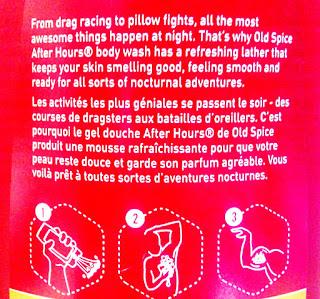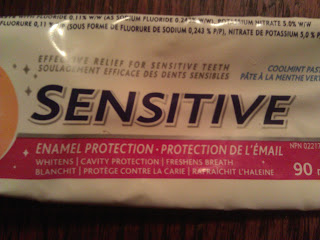Try as I might, I have never been able to memorize the French version of
O Canada! Over the years though, sitting through boring assemblies and school productions in smelly gymnasiums and staring at the two official versions in
English and
French which invariably flank the stage, even with my rudimentary bilingualism, I noticed something awry: the French isn't at all what I had always assumed to be a translation of the English - it is an entirely
different anthem! Um, ok, you probably already knew that BUT have you ever really thought about how differently
francophones feel belting out a significantly bolder, more passionate anthem. I mean really, compare:
From far and wide,
O Canada,
we stand on guard for thee.
With glowing hearts
we see thee rise,
The True North strong and free!
Car ton bras sait porter l'épée
Il sait porter la croix
Ton histoire est une épopée,
Des plus brillants exploits.
Et ta valeur, de foi trempée,
Protégera nos foyers et nos droits
BTW: You might recognize words for "sword", "cross", "epic", "brilliant exploits", "valour", "faith" - no glowing hearts here

























